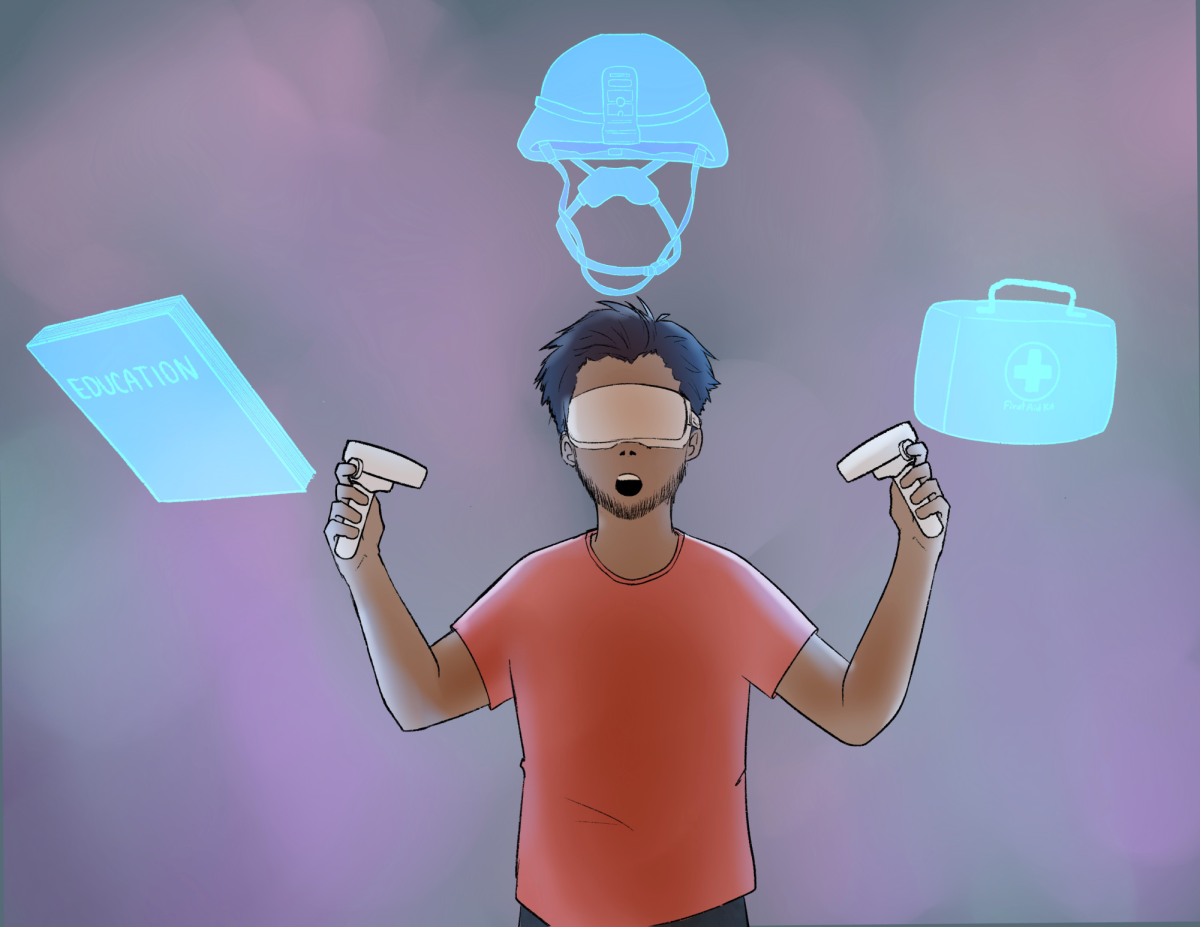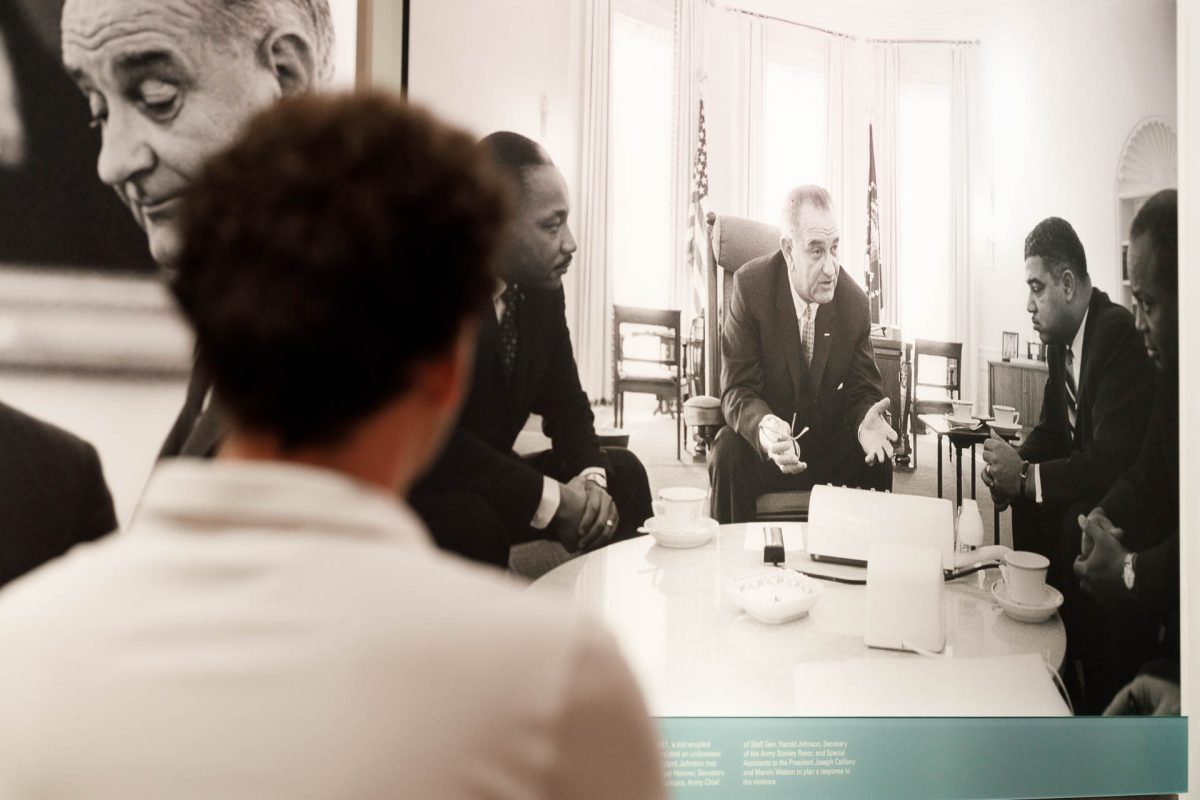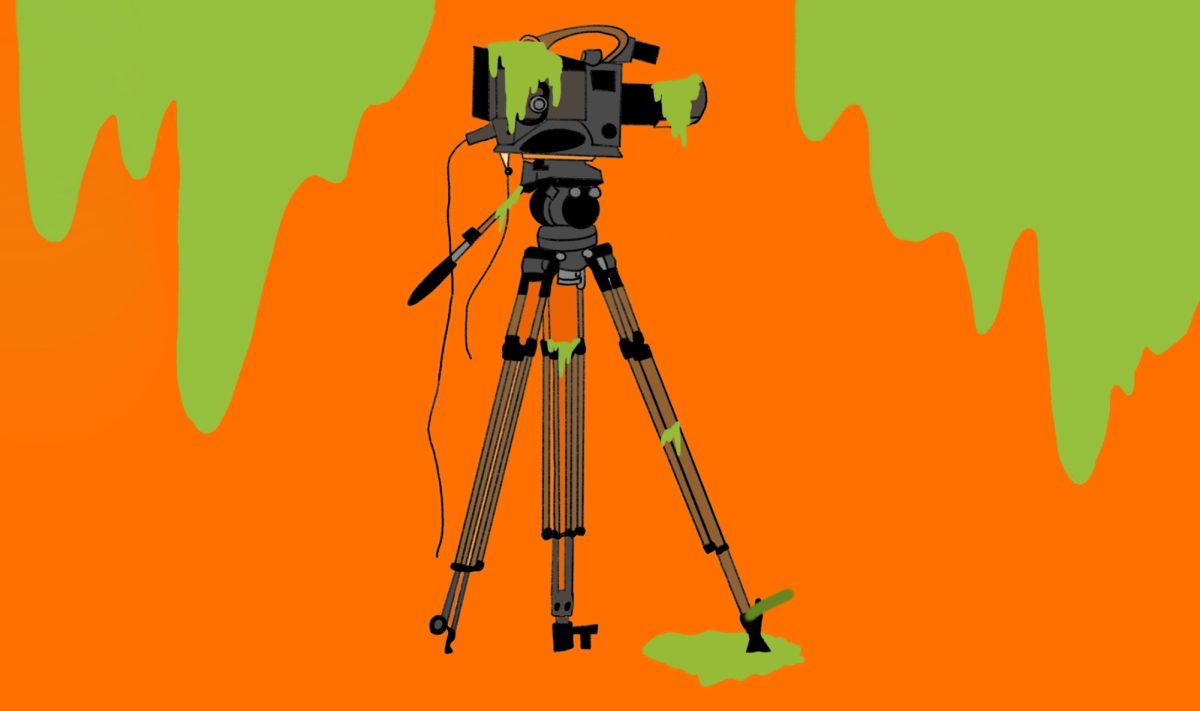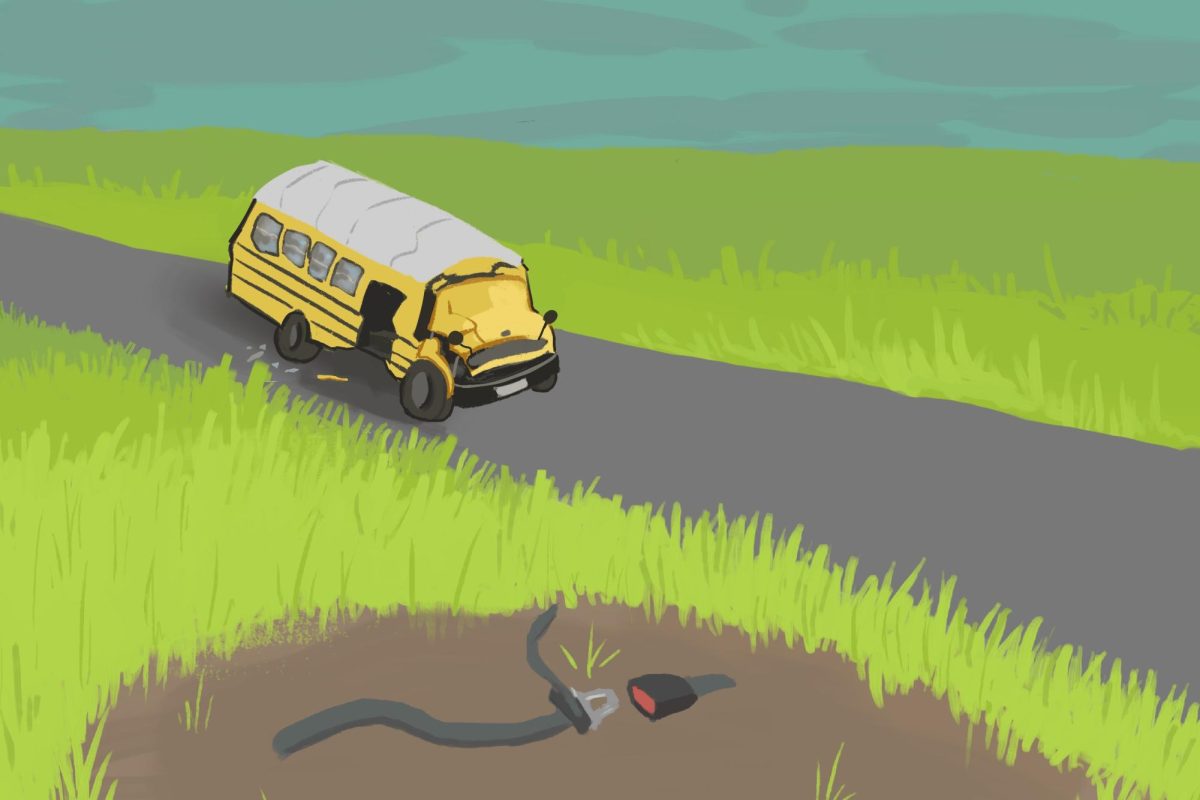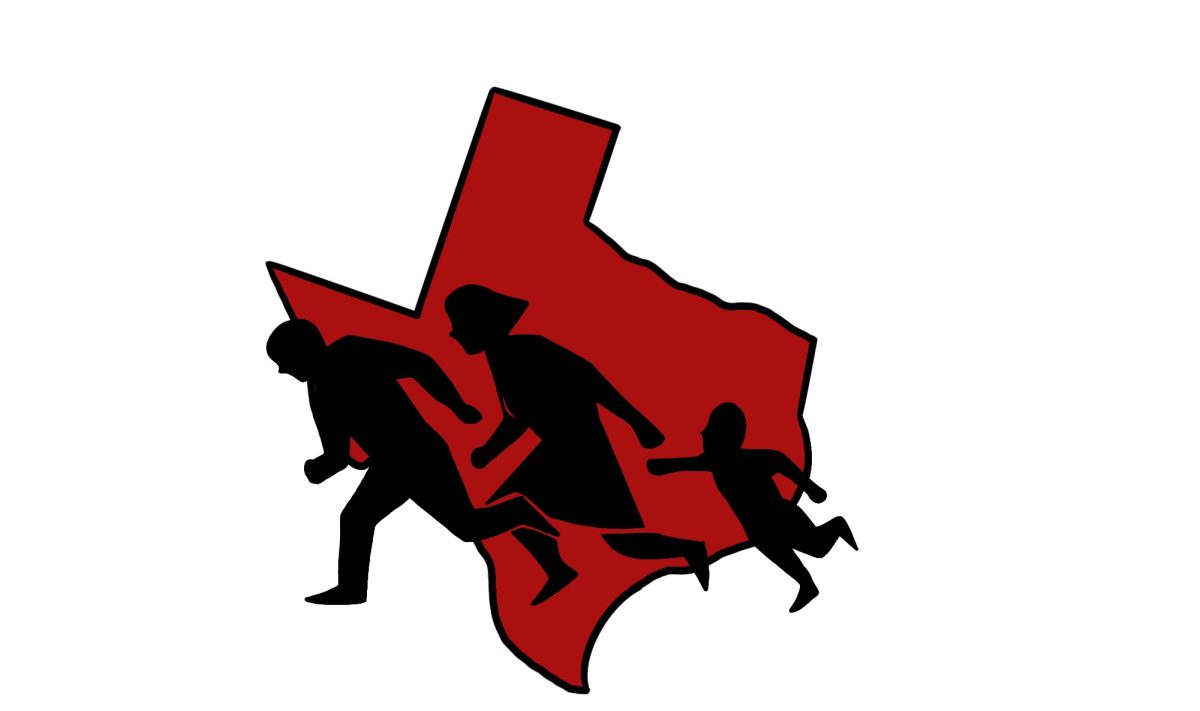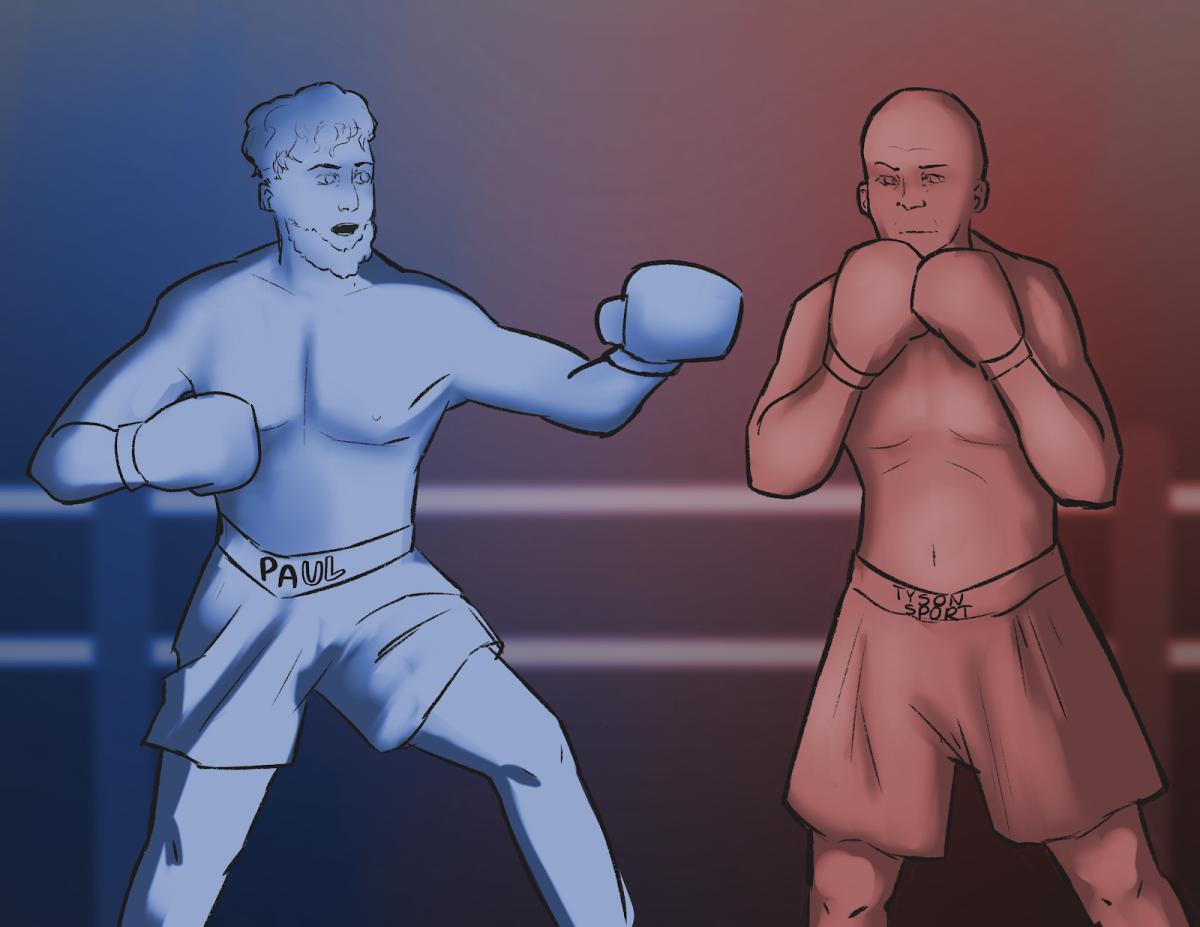The invention of virtual reality (VR) has been a notable leap forward in terms of technology, allowing us to fully immerse ourselves in digital worlds that stretch the imagination. Since its conception, VR has been found in entertainment, which is where most believe its influence stops. But what if I said that was just a small piece of VR’s growing pie?
The history of VR is a long one spanning into the 1900s, but where it really took off was in the 2010s when the first widespread VR headsets hit the civilian market. VR could be found in amusement parks, movie theaters and, most commonly, video-gaming systems. Companies such as Oculus and Valve drove VR technology into the hands of consumers, with other large companies spanning from Sony to Google, spurring the wave of VR innovation that has since crashed through the decade line and into the 2020s.
Alongside its use in entertainment, VR has even been used to help us in the medical field. In recent years, VR has been a growing force in cognitive and physical therapy methods, addressing a wider range of disorders and ailments spanning from autism to Parkinson’s Disease. But beyond its more direct use on patients, VR has had an impact on those treating said patients as well.
One of the biggest developments as of recent has been VR’s growing influence on the training scene. These simulated training scenarios can be simple, be they familiarizing oneself with machinery and practicing on-the-job skills. But one thing VR has begun to do that physical training has struggled to do is rather surprising: high-stress training.
VR is being used to simulate high stress scenario training, be it in emergency service and even military training. These can range from combat engagements, first aid or crisis communication. In all of these situations training really counts, with the simulations providing people with the ability to prepare themselves for dealing with the worst the world has to offer.
But is all of this expansion by VR a good thing? Should it really be used in so many applications as an emerging technology of the 21st century?
I firmly believe so.
Decades ago, the idea of being able to have digital space being made as intimate as VR was quite literally science fiction. Just ask Star Trek about its Holodecks. But the fact we can use this technology to help those who need it most and first responders, is a win in my book. People who work in first response or the military need all the experience they can get as it can quite literally mean life or death, be it for them or those they’re supposed to protect. Giving them as many resources as they can get is nothing short of a revolutionary step forward in terms of preparedness and pre-professional expertise.
But we mustn’t enter the matrix, everyone. We all know how that goes.
There have been many more proposals for VR’s usage, stretching from the classroom to consistent everyday use. One of the clearest examples of this I have seen is the new Apple Vision Pro, which acts as a laptop but in VR headset flavor. Personally, I have seen the videos of some poor bugger with one of these things strapped on walking into a pole and breaking their brand new $5,000 headset or even driving with the thing on.
It is clear to me that VR has great potential to do some astounding things, but what impact it will have on us as a society is still too early to tell. Personally, I’m optimistic and can’t wait to see what innovation comes out next. Perhaps they’ll finally invent virtual coffee to keep me awake while I’m writing these articles. That’d be rather nice come to think of it.


